Overview
In the past year, there have been a number of very significant clinical changes that affect the way we diagnose, treat, and rehabilitate sports injuries incurred by elite athletes, weekend warriors, and patients with active lifestyles.
This comprehensive update provides education for state-of-the-art approaches to the diagnosis, treatment, rehabilitation, and prevention of sports injuries. The course creates a unique opportunity to hear about these changes directly from world-renowned physician specialists (physiatrists, orthopedists, radiologists); team physicians and athletic trainers for the Boston Red Sox, New England Revolution, and New England Patriots; and physical therapists on the cutting edge of rehabilitation.
Education is practical, coupling updates with guidance on how to incorporate knowledge into practice to improve:
- Treatment outcomes for acute and overuse injuries of the spine, knee, hip, foot, and ankle, along with upper extremity conditions of the shoulder, neck, elbow, hand, and wrist
- The effectiveness and expediency of physical evaluations
- Appropriate diagnostic imaging and interpretation
- Rehabilitation and safe return to play
- Non-surgical management of injuries
- Decisions to refer patients for surgery
- Multidisciplinary team-based treatment with physicians, physical therapists, and athletic trainers
- Injury prevention
- Regenerative medicine techniques for the management of injuries
- Treatment of special populations, including those who compete in swimming, track and field, softball, racquet sports, and winter sports, and methods to understand health in former athletes, including former NFL football players
The format is engaging, and attendees are encouraged to pose questions in sessions as well as one-on-one with the national and international experts who will be delivering the updates and education at this event.
Reasons to Attend
Unique to this program is its immersive, fast-paced, 360-degree educational experience. You will learn about changes and advances in sports medicine from three critical, interrelated perspectives:
- Physical Medicine and Rehabilitation
- Musculoskeletal Radiology
- Orthopedics
Educational highlights include:
- The most effective methods, both surgically and non-surgically, to manage injuries to tendons, joints, muscles, and ligaments in athletes and differences in approach for less active populations
- When and how to utilize cutting-edge regenerative sports medicine treatments
- Advances in evaluation and treatment of shoulder conditions, highlighting considerations for management of shoulder fractures
- Accounting for sex differences in risk factors and optimal management of sports medicine conditions
- Strategies to optimize diagnosis and treatment of elbow injuries to ligaments, tendons, and nerves
- Recognizing head and neck injuries and methods to expedite treatment in athletes, including facial and dental trauma
- Athlete wellness: sports cardiology, sleep medicine, and sex-specific differences in sports psychology
- Guidance for point-of-care ultrasound for evaluation and treatment of sports injuries in the clinic and during sideline coverage
- Optimized approaches for interpreting images and making decisions about operative vs. conservative management
- Clinical strategies to account for age, gender, and patient conditions, along with accounting for athlete perspective to optimize care
- Optimizing management of endurance athletes, including nutrition and bone health
- Value-based care in sports medicine, including addressing financial barriers and the role of telehealth
Optimized for Remote Education
The 2024 program has been enhanced for distance learning. In addition to being live streamed, all sessions will be recorded and made available to participants for online viewing for 90 days after the end of the course.

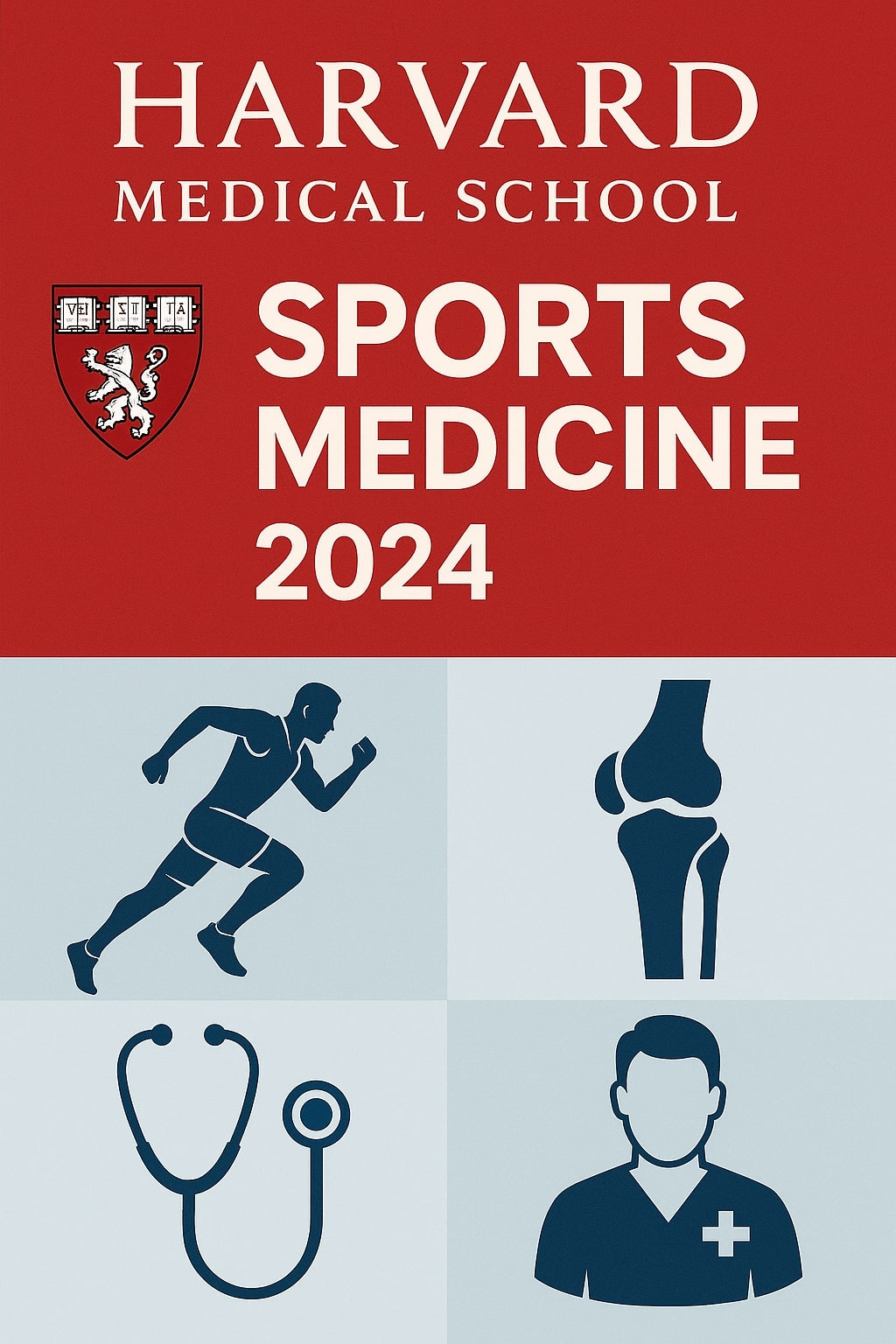
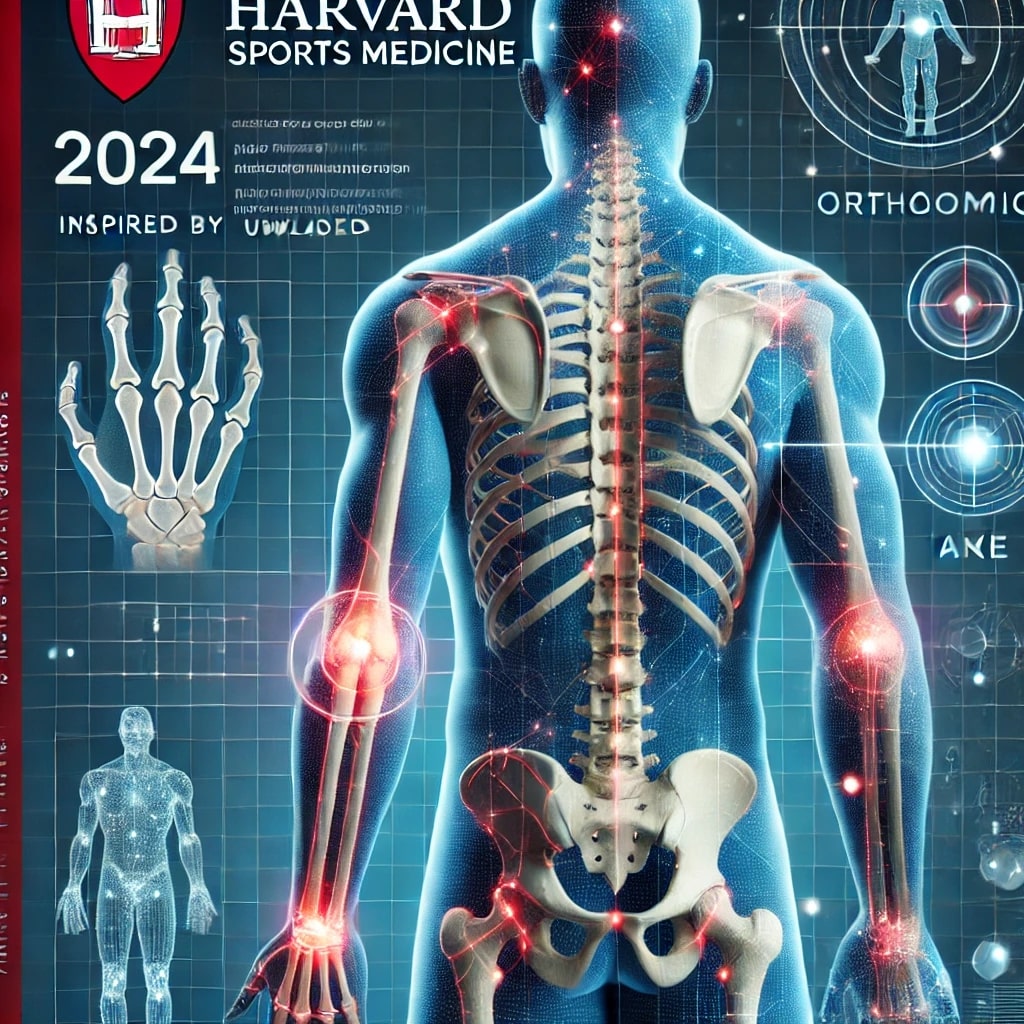
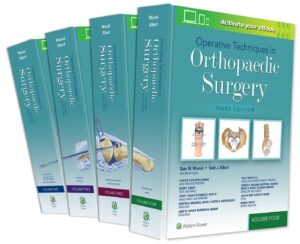
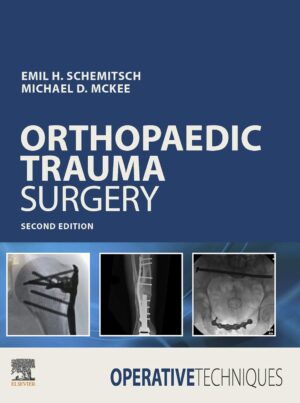
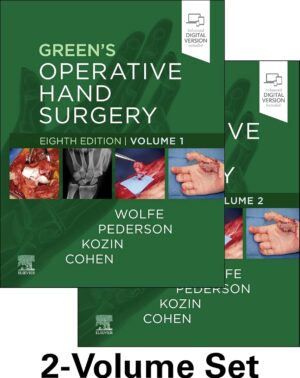
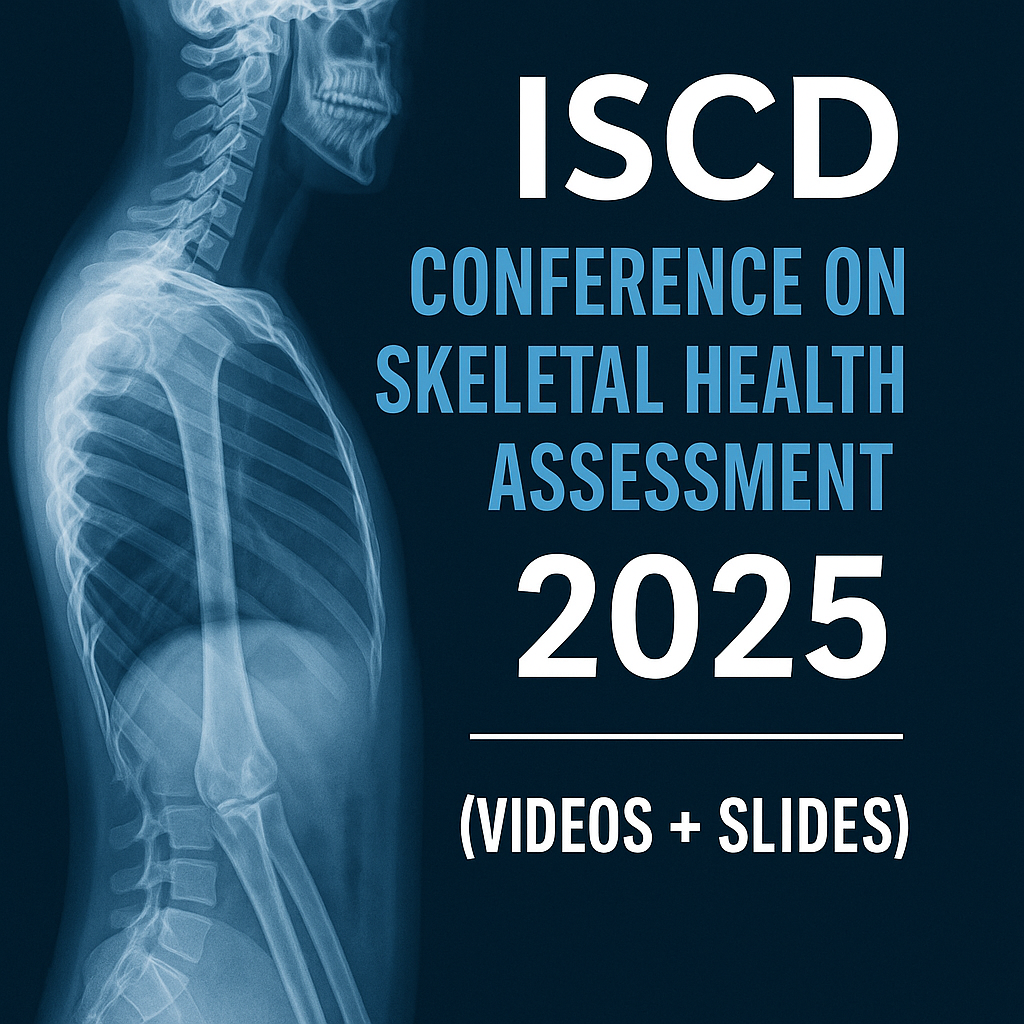
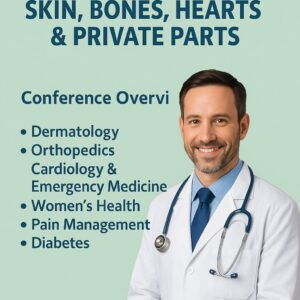
8 reviews for Harvard Sports Medicine 2024